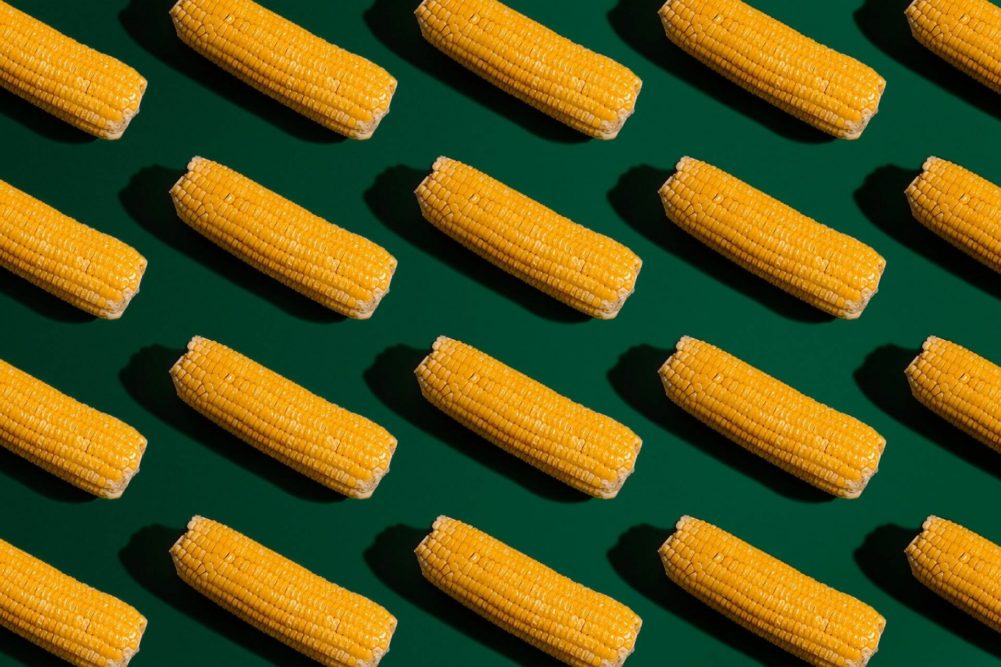Microbial crop inputs are gaining interest. From seed coatings to soil amendments, there are a number of approaches startups are taking to test the limits of these alternatives to traditional chemical inputs. For Andes Ag, however, the future of microbial inputs isn’t so much about coatings or sprays, it’s about seeds.
“Traditional bacterial seed treatment methods such as seed coatings and pelleting (both external to the seed) are unreliable as they are unable to guarantee bacterial cell survival through time,” Gonzalo Fuenzalida, co-founder and CEO of Andes Ag, told AFN. “We’ve been studying for years different approaches to develop a stable seed with microbial technology.’
The Emeryville, California-based startup that was founded in Chile closed a $3 million bridge round towards a Series A financing round co-led by Austin, Texas-based KdT Ventures and Chile-based Endurance VC. The startup claims to have developed the first agricultural seed that is integrated with beneficial microbes by using a novel seed treatment. It refers to its seed/bacteria integration technology as microprime.
“Andes microprime seeds can be stored, transported, and manipulated as any conventional seed. Once the seeds are sowed on the field, before the seed coat breaks up and exposes the plant to the soil, our bacteria effectively colonizes the plant root structure by forming a biofilm and continues doing so through all the plant lifecycle,” Fuenzalida explains. “We are first focusing on harnessing the power of nitrogen-fixing bacteria to reduce the need of synthetic fertilizer by crops. We have a large collection of proprietary bacteria, which are very efficient on colonizing the plant root structure while fixing atmospheric nitrogen.”
This is key because current microbial-based technologies are based on liquid or powder products that involve extra costs to the farmer as well as special equipment for application in some instances, according to Fuenzalida. If the product is not shelf-stable, then improper handling can reduce efficacy.
To start, Andes Ag is focused on corn seeds with a self-fertilization trait. The proprietary enhanced bacteria is incorporated with the seeds and thrives on the corn plant roots, pulling nitrogen from the air and providing it to the plant. Since 2018, the startup has been running field trials in the US and South America. Its seeds have shown consistent field performance, according to the startup, with an average of 8.9 extra bushels of corn per acre under typical and reduced synthetic nitrogen fertilizing rates.
The new funding will be used to help expand trials throughout the Midwest as well as supporting a 2021 product launch. The startup is working towards developing its own production capacity for Microprime seeds in partnership with high-quality seed suppliers. It plans to sell directly and through these partners with the goal of speeding up adoption. In the future, Andes Ag hopes to develop other highly desirable plant traits to target farmers’ needs around pest control, disease resistance, and stress tolerance.
“The business opportunity is huge, over $200 billion annually. There are companies pursuing replacing synthetic nitrogen by using atmospheric fixing bacteria technology but not have achieved true long-term integration with seeds, which we believe is key for the broad adoption by farmers and transformation of the industry.”
Pivot Bio’s first product, PROVEN, is a liquid bacteria-based product for corn and claims to reduce synthetic nitrogen application rates. But the product has to be transported and stored at a special temperature and applied with in-furrow sowing machinery that only 25% of US corn farmers have access to, Fuenzalida says. Pivot entered into a partnership with 3BarBiologics to help with some of these specificities.
Pivot Bio recently raised a $100 million Series C to ramp up production to meet the demand for its sold-out nitrogen-fixing microbe product, however. This suggests that while challenges remain, farmers are interested in ushering in a new era of inputs.
Joyn Bio is also working on a bacteria-based synthetic nitrogen replacement product. Last year, it announced a new partnership with NewLeaf Symbiotics to research microbes.
Although the emerging bio-based input startups may have slightly different ideas about how to formulate new products, they are united in the ongoing debate about whether biologics can replace traditional chemical inputs in terms of access, efficacy, and scale.
“This ‘chemical versus biological efficacy’ debate is mostly true in favor of chemical inputs given the bacteria stability issues mentioned before. We believe the key factor that can change microbial efficacy is the delivery method and the adequate microbe-plant integration through all the plant life cycle. The latter is exactly what we tackle with our Microprime seeds.”
Despite the challenges and lingering skepticism, startups will likely continue to work on bio-based fertilizer solutions given the size of the opportunity that awaits.
“Arguably the replacement of synthetic nitrogen by biotechnology, such as microbial technology, is the biggest commercial opportunity in agriculture since the invention of the Haber-Bosh process, an energy-hungry and highly contaminant process by which atmospheric nitrogen is transformed into ammonia.”





